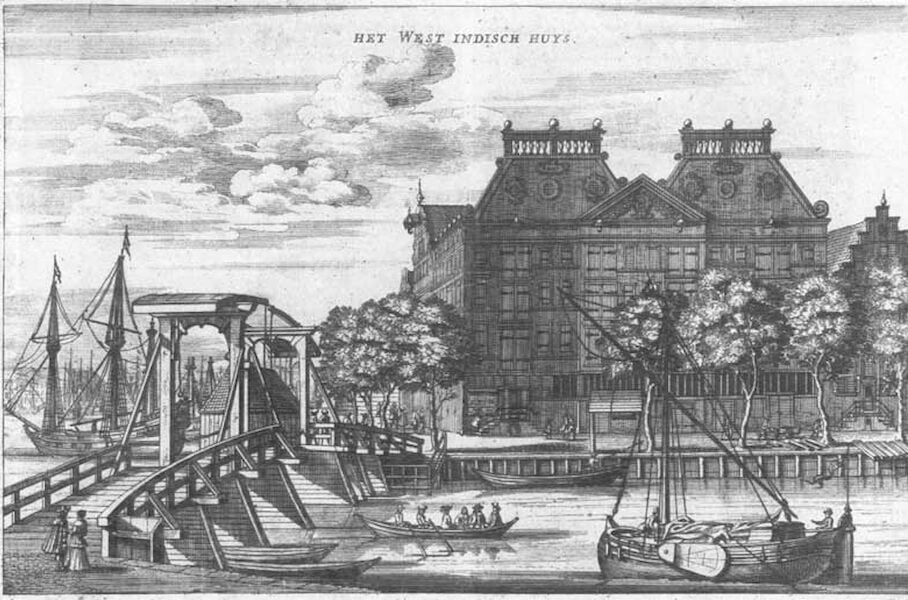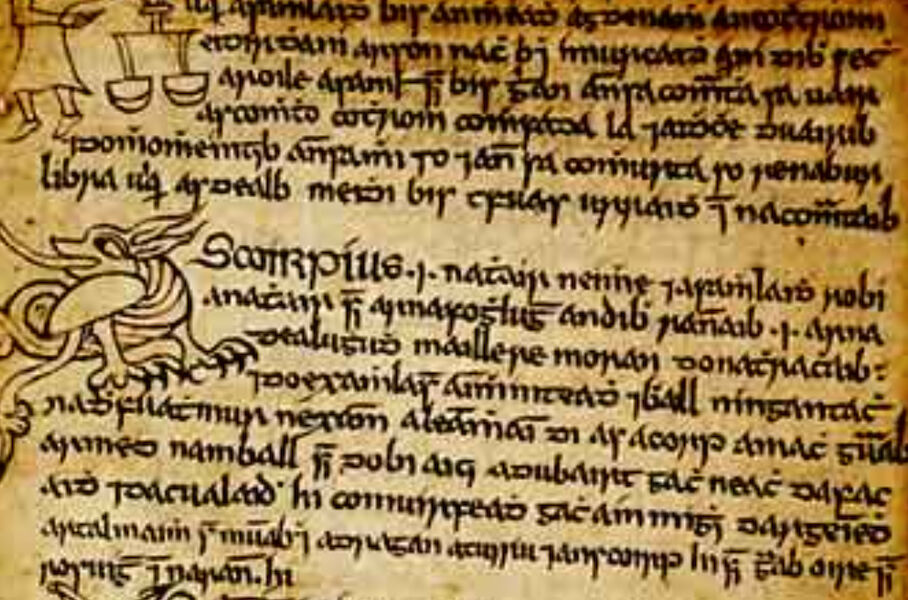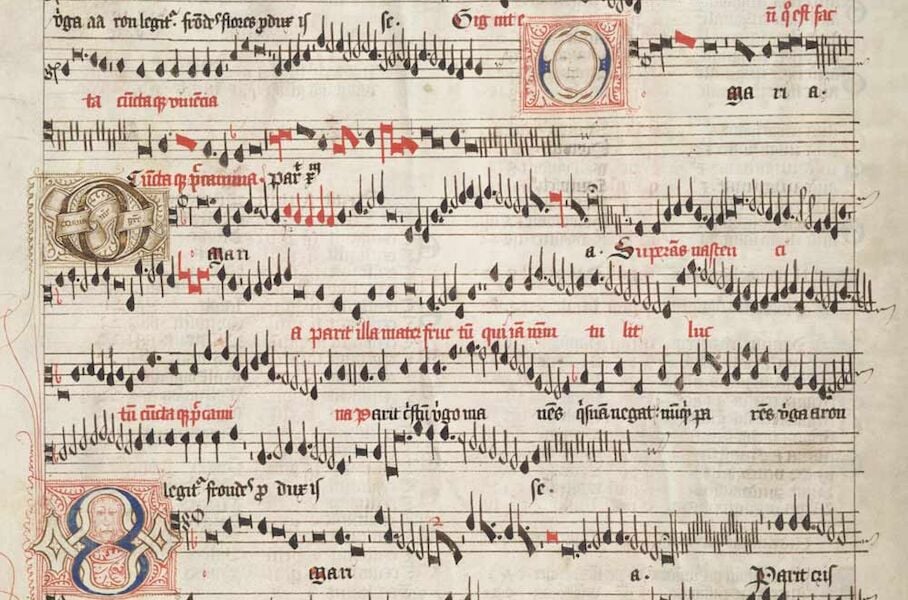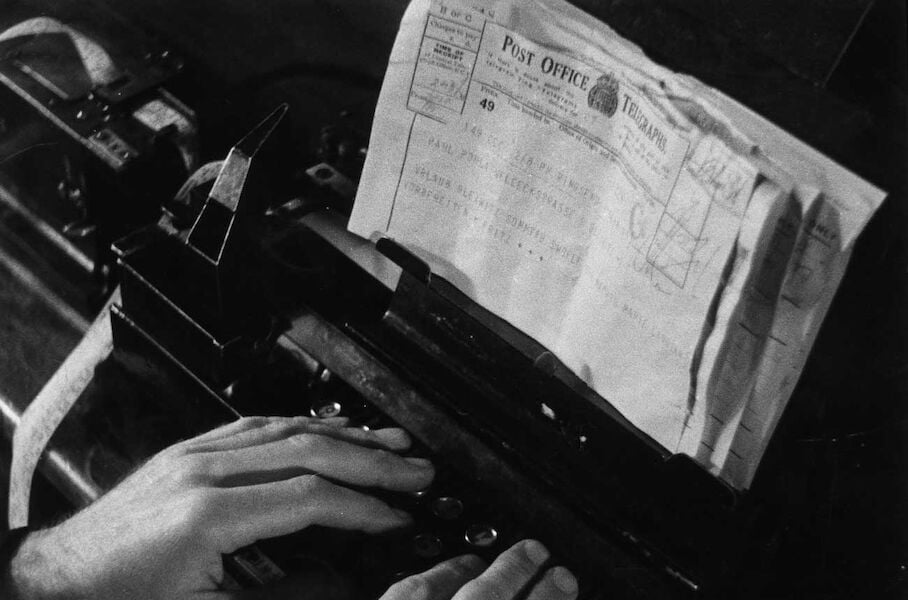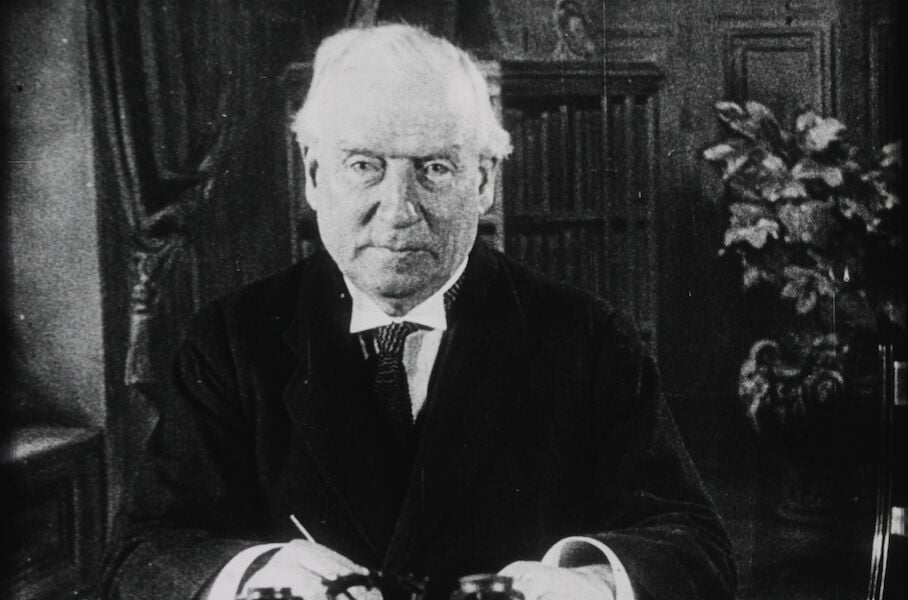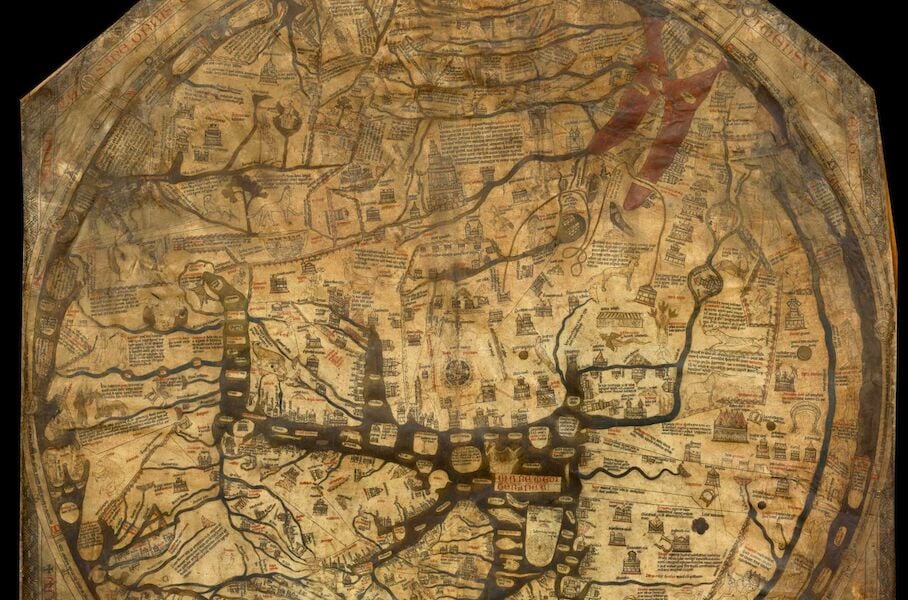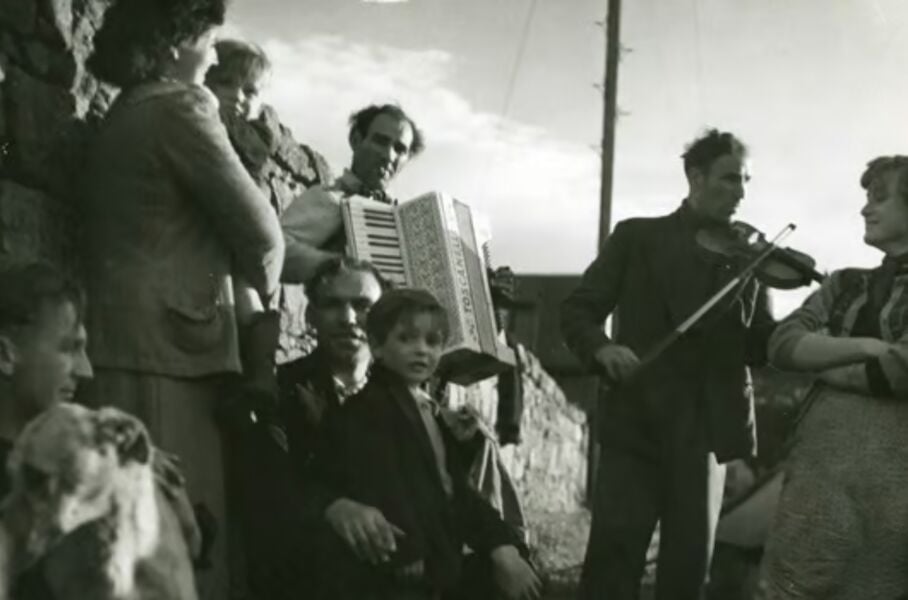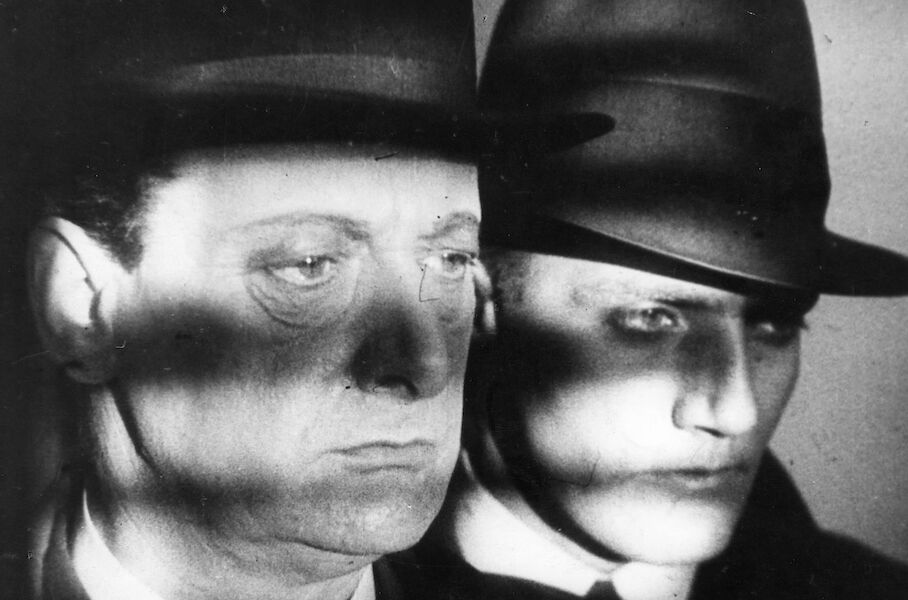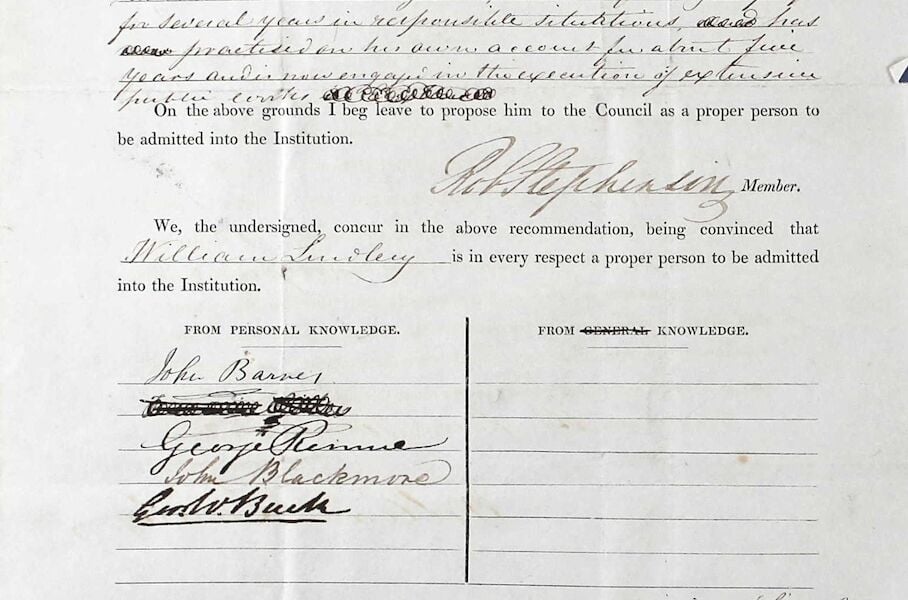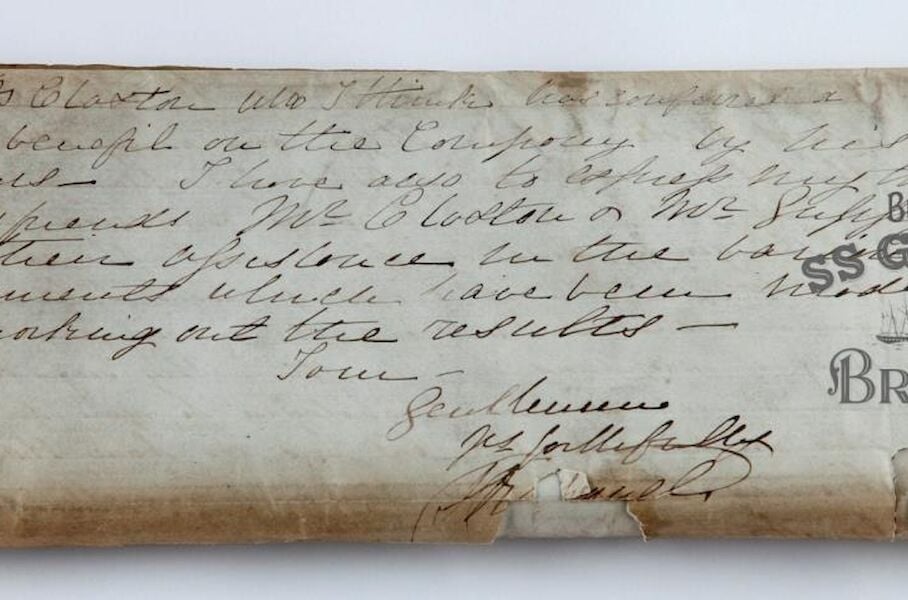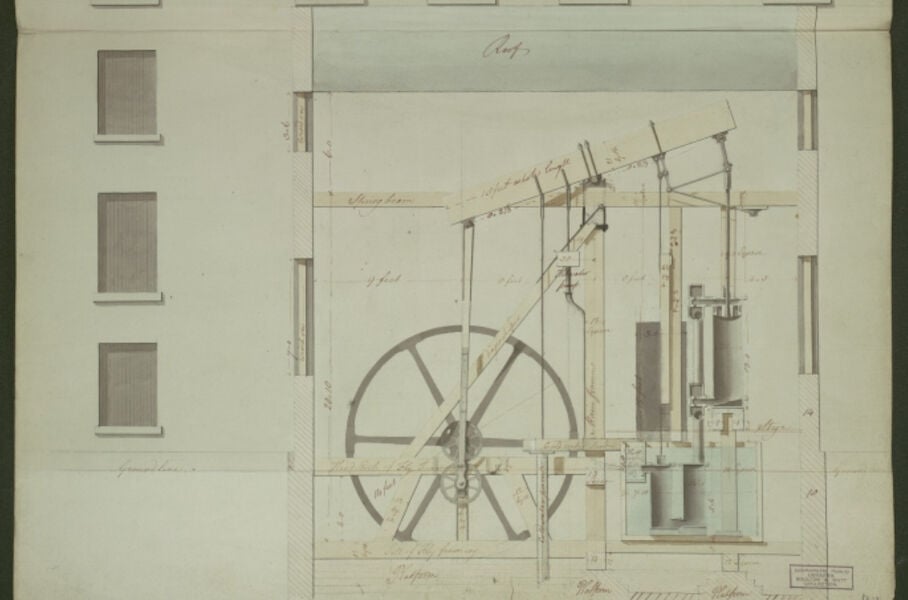National: The UK Memory of the World Register honours documentary heritage of national and regional significance and includes documents such as the Death Warrant of King Charles I. This invaluable archive is a remarkable and rich insight into a small island’s past and mark on the world. This is Britain’s collective memory.
International: The International Memory of the World Register recognises documentary heritage of global significance and includes documents such as the Magna Carta. It inspires both nations and regions to identify, list and preserve their respective documentary heritage for the collective memory of humankind.

